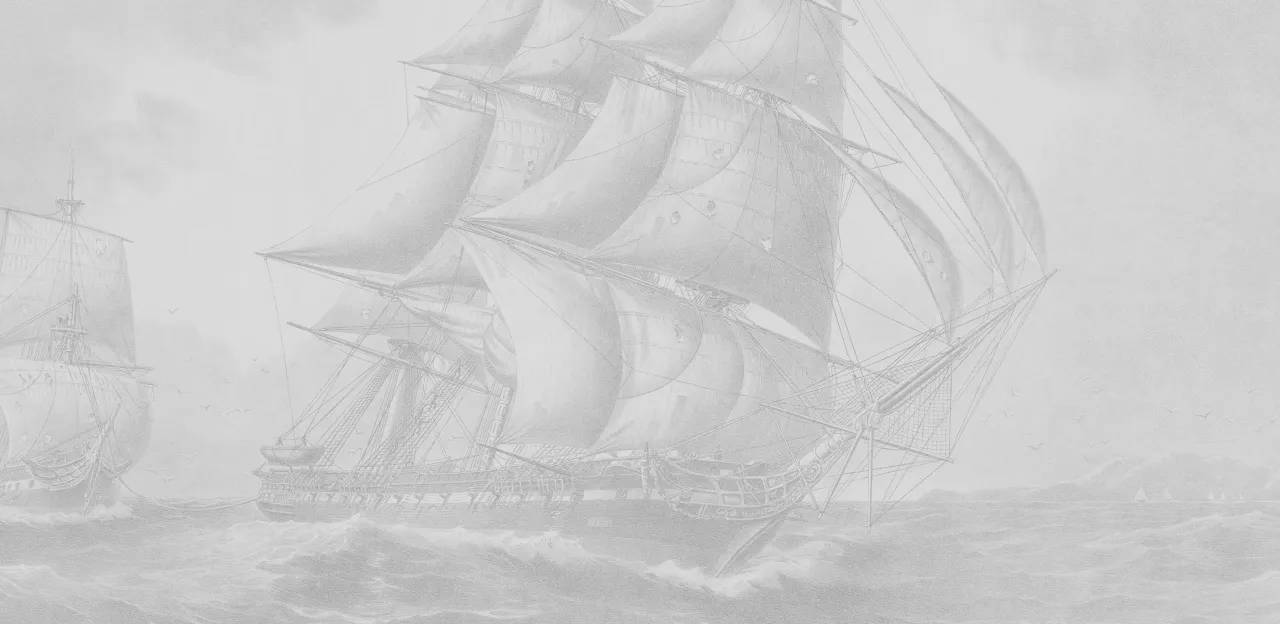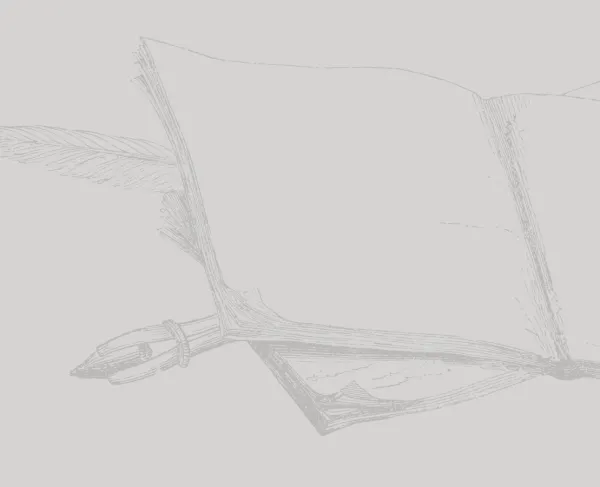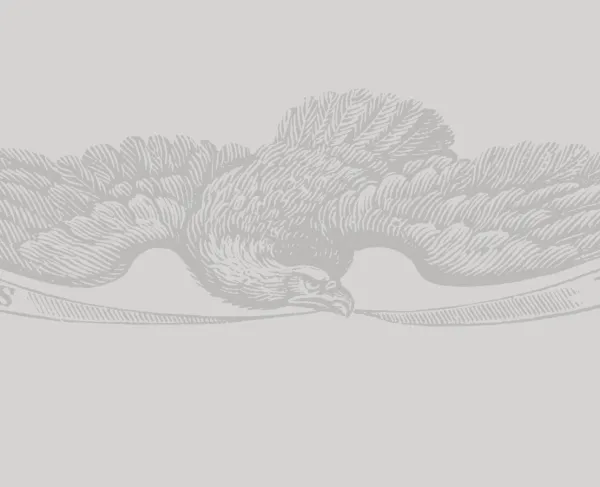War of 1812: "Reinstated the National Feelings and Character"

I was much gratified by the receipt of your friendly letter of 29th October last, which ought to have been sooner acknowledged, but which I will not, before my departure for Europe, leave unanswered. I am sorry for your losses, but hope that the property you have left will be sufficient to make you as comfortable as your active industry and knowledge of business certainly deserve.
The war has been productive of evil and good, but I think the good preponderates. Independent of the loss of lives, and of the losses in property by individuals, the war has laid the foundation of permanent taxes and military establishments, which the Republicans had deemed unfavorable to the happiness and free institutions of the country. But under our former system we were becoming too selfish, too much attached exclusively to the acquisition of wealth, above all, too much confined in our political feelings to local and State objects. The war has renewed and reinstated the national feelings and character which the Revolution had given, and which were daily lessened. The people have now more general objects of attachment with which their pride and political opinions are connected. They are more Americans; they feel and act more as a nation; and I hope that the permanency of the Union is thereby better secured.
It is with reluctance that I have accepted the French mission; and I hope that my absence will be short, and that I will soon be able to return with my family in the bosom of my friends and country. My private business, to which I had during the last fifteen years hardly attended, has suffered and will continue to suffer. Amongst other objects, I fear I may have lost the tract of 666⅔ acres on Cumberland River, having never taken any measures to remove the man who had taken possession. I do not know his name; and I will thank you to communicate it to Mr. Robert Alexander, President of the Bank of Kentucky, at Frankfort, together with any information you have respecting that man’s claim and disposition and the quality and value of the land. I have given to Mr. Alexander a power of attorney for my Kentucky lands, and told him that you would give him that information.
Mrs. Gallatin sends you her compliments. I never received your letter respecting a glass-house and the procuring of glass-blowers. I would attend to it if I knew what capital you and your friends can employ in the establishment. On that point success depends. There must be no embarrassment, or business would be ruinous. I commenced mine with about ten thousand dollars, and made no profit during the first years, nor until the capital amounted to near twenty thousand. That now employed in our glass-works, including outstanding debts, exceeds forty thousand, and gives us an annual profit of about eight thousand, of which only one-seventh part belongs to me. I must observe that there is an inconvenience in your situation. You are below the greater part of the fast-improving country north of the Ohio, in which the great consumption of glass takes place. The works situated high up the Ohio, at Pittsburg and above, have in that respect a great advantage. At New Orleans market you must meet the competition of the cheap German glass.
I have lost three old friends,—Mr. Savary, Thos. Clare, and Mr. Smilie. You have heard that Dr. Jones, of Virginia, Richard Brent, and Stanford, of North Carolina, are also dead.




